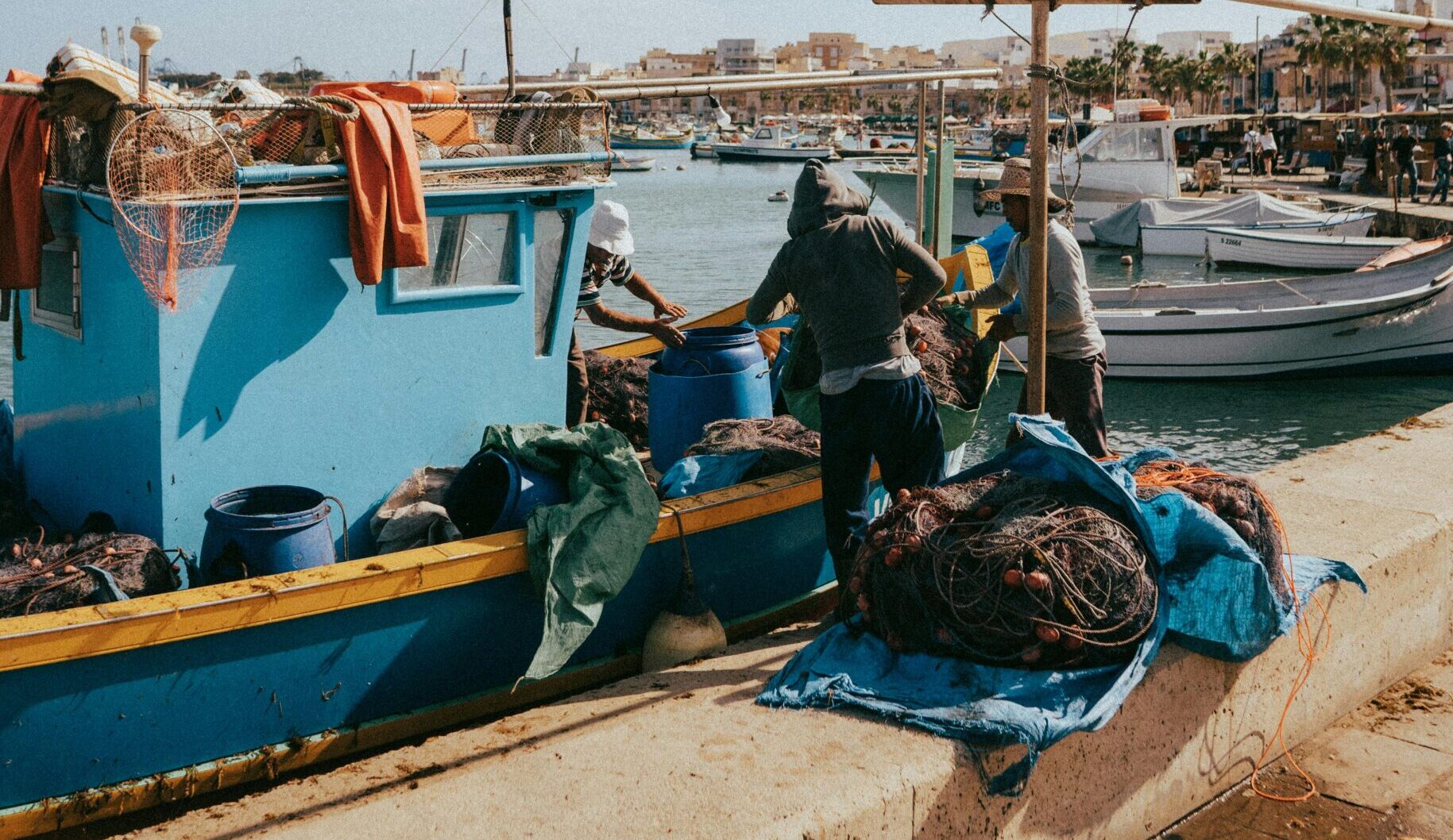As Malta prepares to enter 2025, significant labour market reforms are on the horizon, aiming to enhance workers’ rights, foster equity, and address economic challenges.
Mariella Baldacchino, founder of Empleo, recently highlighted these pivotal changes in a series of LinkedIn posts, offering insights into what these updates mean for workers and businesses alike.
Minimum wage increase
Starting 2025, Malta’s weekly minimum wage will rise by €8.24 to €221.78 per week, providing a meaningful boost to workers’ financial stability.
Income tax band adjustments
In alignment with the 2025 Budget, income tax bands will widen, offering financial relief to individuals and families.
The level of income that is exempt from tax increased as follows:
- Single rates: From €9,100 to €12,000
- Married rates: From €12,700 to €15,000
- Parent rates: From €10,500 to €13,000
These adjustments are expected to leave more disposable income in the hands of taxpayers, contributing to a healthier economy.
Enhanced vacation leave
Employees working a standard 40-hour week will now be entitled to 224 hours of annual vacation leave. This includes:
- 192 hours as a basic leave entitlement.
- 32 additional hours compensating for four public holidays falling on weekends in 2025.
Family-friendly measures for the self-employed
In a progressive move, the current entitlement of 10 days (80 hours) of paid paternity leave will extend to self-employed fathers.
Equal pay for temporary and outsourced workers
Effective 1st January 2025, temporary and outsourced workers will receive equal pay and conditions as their counterparts employed directly by the companies they are assigned to. This change will replace the existing Temporary Agency Workers Regulations with a new framework.
Under the new law, the “equal treatment principle” ensures that the basic working and employment conditions of temporary workers match those of directly employed workers from the first day of their assignment. This significant development eliminates disparities based on employment arrangements, creating a level playing field for all.
Minimum wage and collective bargaining regulations
Published on 6th December 2024, these regulations implement Directive 2022/2041, which establishes a comprehensive EU-wide framework for wage-setting practices.
By addressing inadequacies in these practices, the regulations aim to enhance collective bargaining coverage, reduce income inequality, and bolster social fairness and economic stability.
Labour market policy reform
Significant policy changes aim to strengthen Malta’s workforce and address economic demands:
- Training and upskilling: Initiatives to expand training programs will better equip Maltese workers for the evolving economic landscape.
- Skills-based migration: Targeted efforts to attract foreign workers with skillsets addressing Malta’s labour market gaps.
Introduction of an esports visa
Recognising the growth potential of Malta’s burgeoning esports sector, 2025 will see the introduction of a dedicated visa for professional gamers. This move is designed to attract international esports talent, positioning Malta as a competitive hub in this industry.
Employers take umbrage at video promoting public sector’s flexible work arrangements
The video outlines a range of flexibility options available to public sector employees
Malta’s inflation eases to 2.5% in January as food prices remain main driver
While overall inflation continued to moderate at the start of the year, price pressures remain uneven across categories
Final call for food and beverage manufacturers to exhibit at SIAL Paris
SIAL Paris is one of the world’s leading international food and beverage exhibitions






